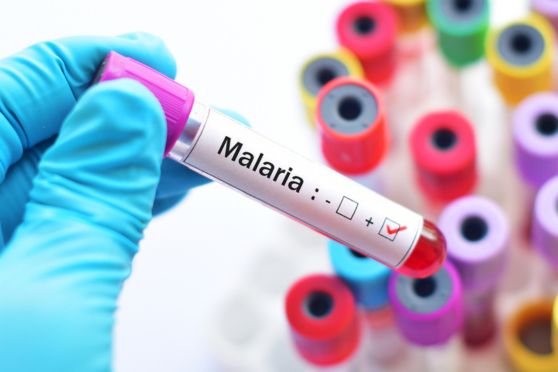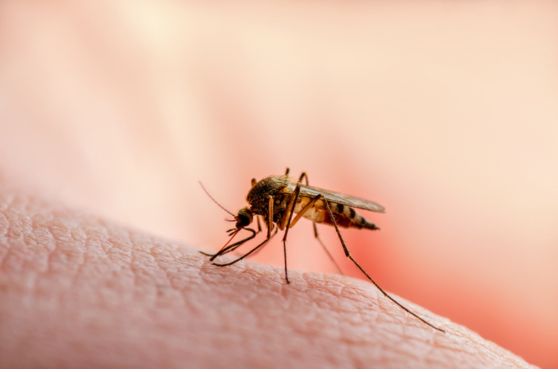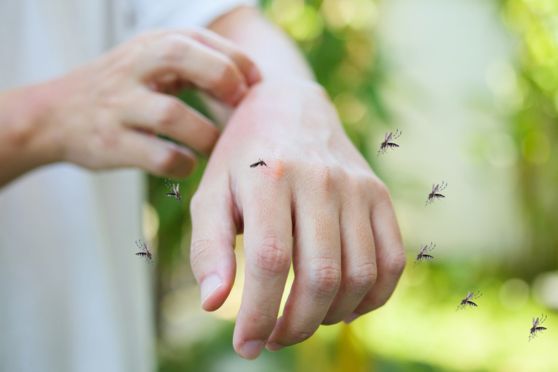World Malaria Day 2023: How can Education help in ‘Reaching the Zero Malaria Target’


World Malaria Day is an annual event that takes place on the 25th of April to raise awareness about the global efforts to control and eliminate malaria, as well as to promote advocacy for increased investment in malaria prevention and treatment.
Malaria is a life-threatening disease caused by parasites transmitted to people through the bites of infected female Anopheles mosquitoes. According to the World Health Organisation (WHO), in 2020, there were an estimated 241 million malaria cases worldwide, leading to approximately 627,000 deaths, with the majority of the cases and deaths occurring in sub-Saharan Africa.
World Malaria Day 2023: Theme
The theme for World Malaria Day 2023 is "Reaching the Zero Malaria Target". The theme aims to mobilise communities, governments, and partners to accelerate efforts towards the WHO's global technical strategy for malaria 2016-2030, which aims to reduce malaria cases and deaths by at least 90% by 2030.
World Malaria Day is an opportunity to highlight the progress made in the fight against malaria, but also to recognise the challenges that remain. It is a call to action for individuals, communities, and governments to work together towards a malaria-free world.

History & Significance of World Malaria Day in India:
The observance of the Day in India can be traced back to 2007 when the first Malaria Day was observed on 25th April. The day was declared by the National Vector Borne Disease Control Program (NVBDCP) to coincide with the anniversary of the establishment of the World Health Organisation (WHO).
Since then, Malaria Day has been observed annually in India with a different theme of the day that reflects the need of the hour. The day is marked by various activities including health camps, awareness drives, and educational programs aimed at increasing knowledge and awareness about malaria and its prevention and control.
India has made progress in reducing the burden of malaria over the years. According to the World Malaria Report 2020, India accounted for about 88% of the malaria cases in the South-East Asia region in 2019, a decline of about 18% from 2018.
However, there is still a long way to go, and the observance of Malaria Day in India remains an important reminder of the need to continue the fight against this disease.
Relevance in 2023: Key Challenges Faced by India
India faces several challenges in its efforts to control and eliminate malaria. Some of the major challenges are:
Addressing these challenges requires a coordinated effort from the government, healthcare providers, researchers, and the community at large. Improving access to healthcare, strengthening vector control programs, promoting public awareness, and investing in research for the development of new diagnostic tools and effective drugs are some of the measures that can help India in its fight against malaria.

World Malaria Day 2023: Education & AwarenessEducation and awareness can play a significant role in reducing the burden of malaria in India. Here are some ways in which education and awareness can help:
Overall, education and awareness can help in creating a better understanding of malaria, promote preventive measures, and encourage community involvement in the fight against malaria in India. On World Malaria Day 2023, let us all pledge to do our bit to “Reaching the Zero Malaria Target”.